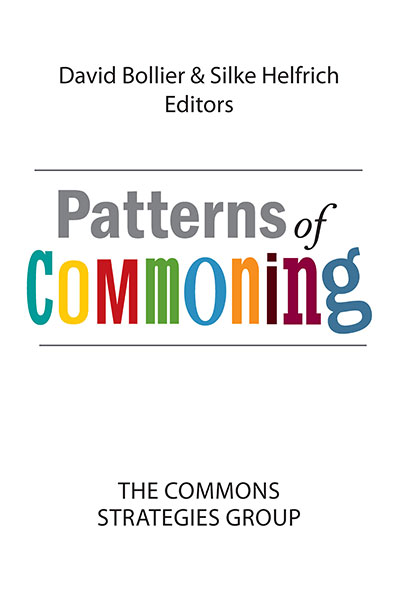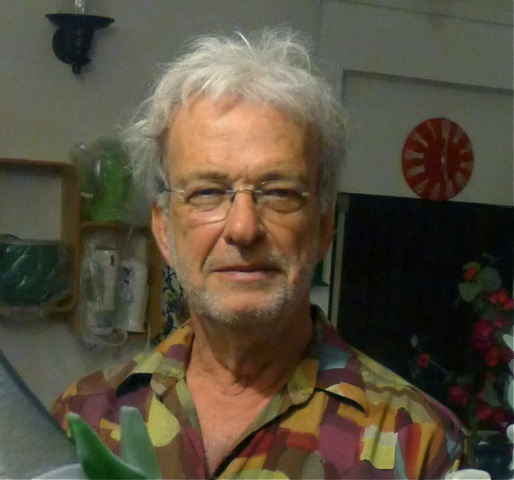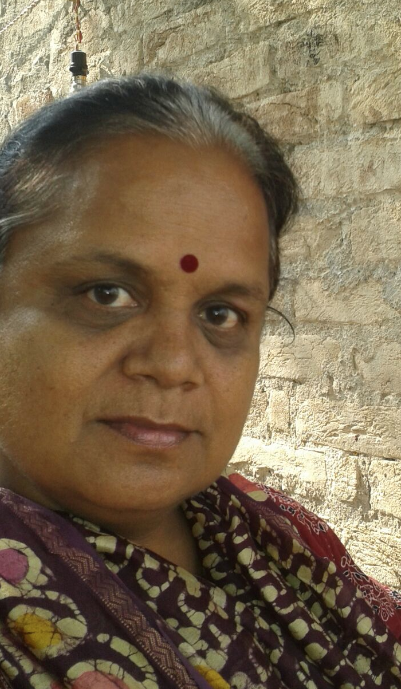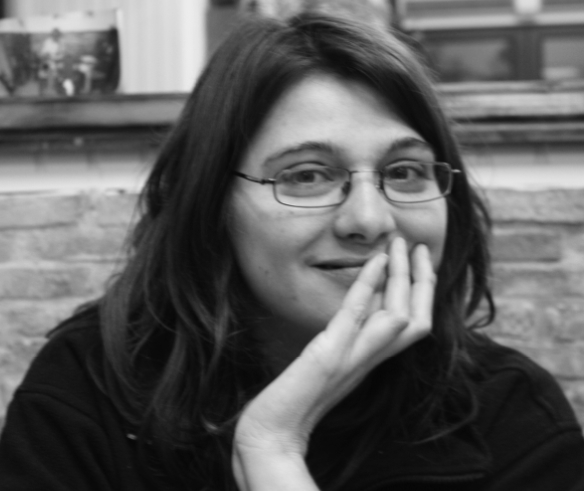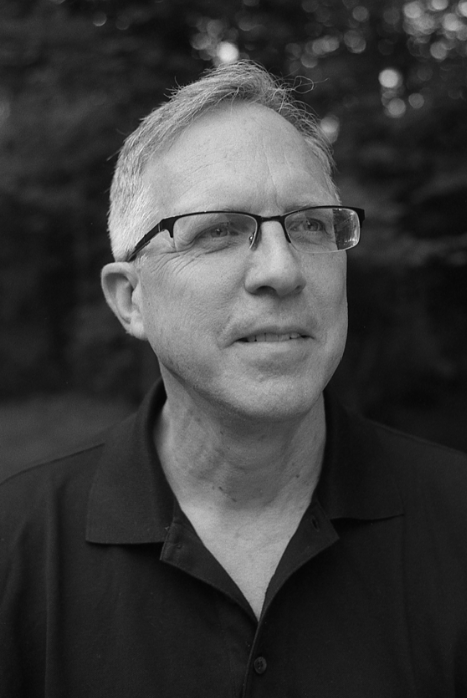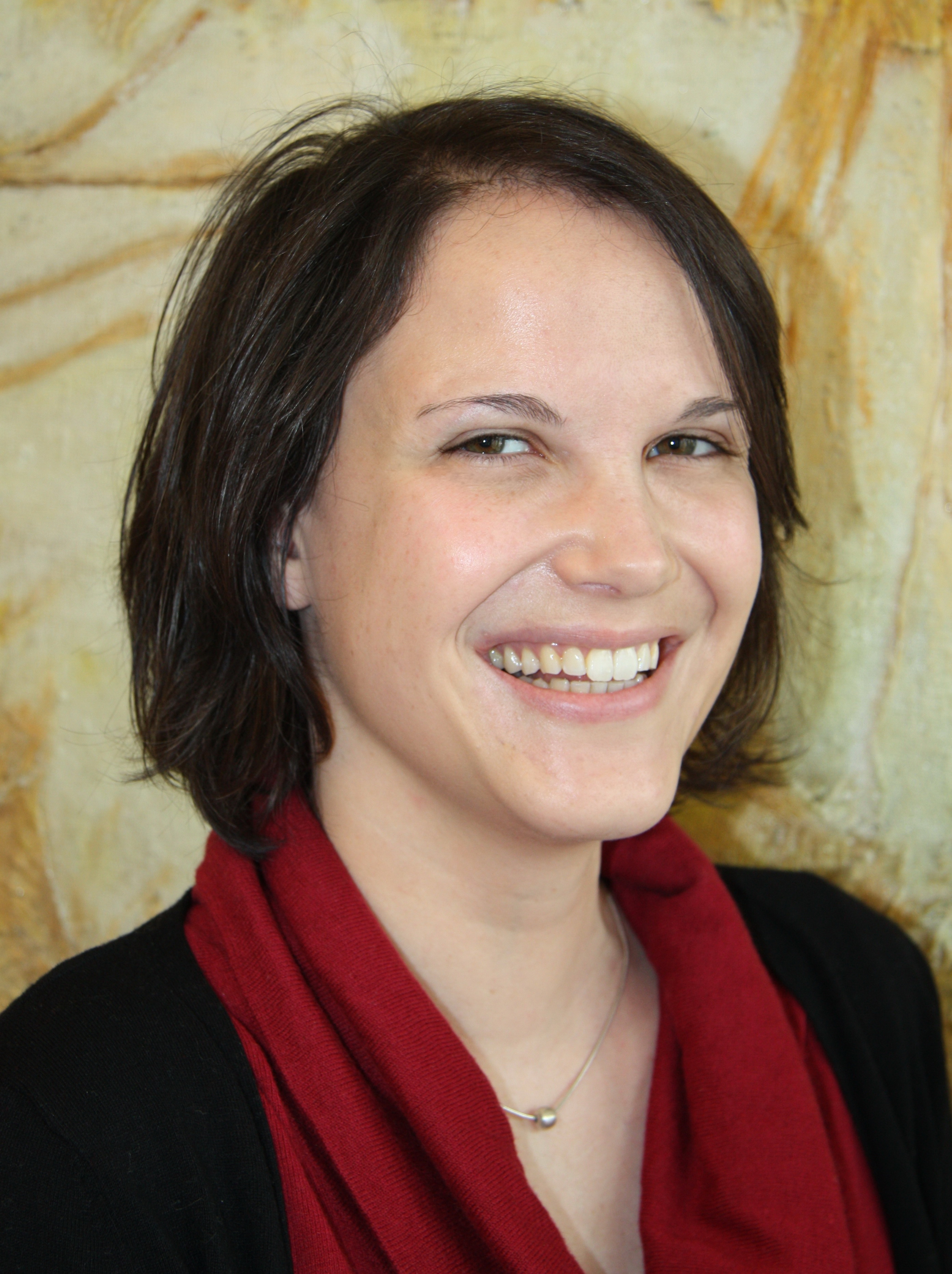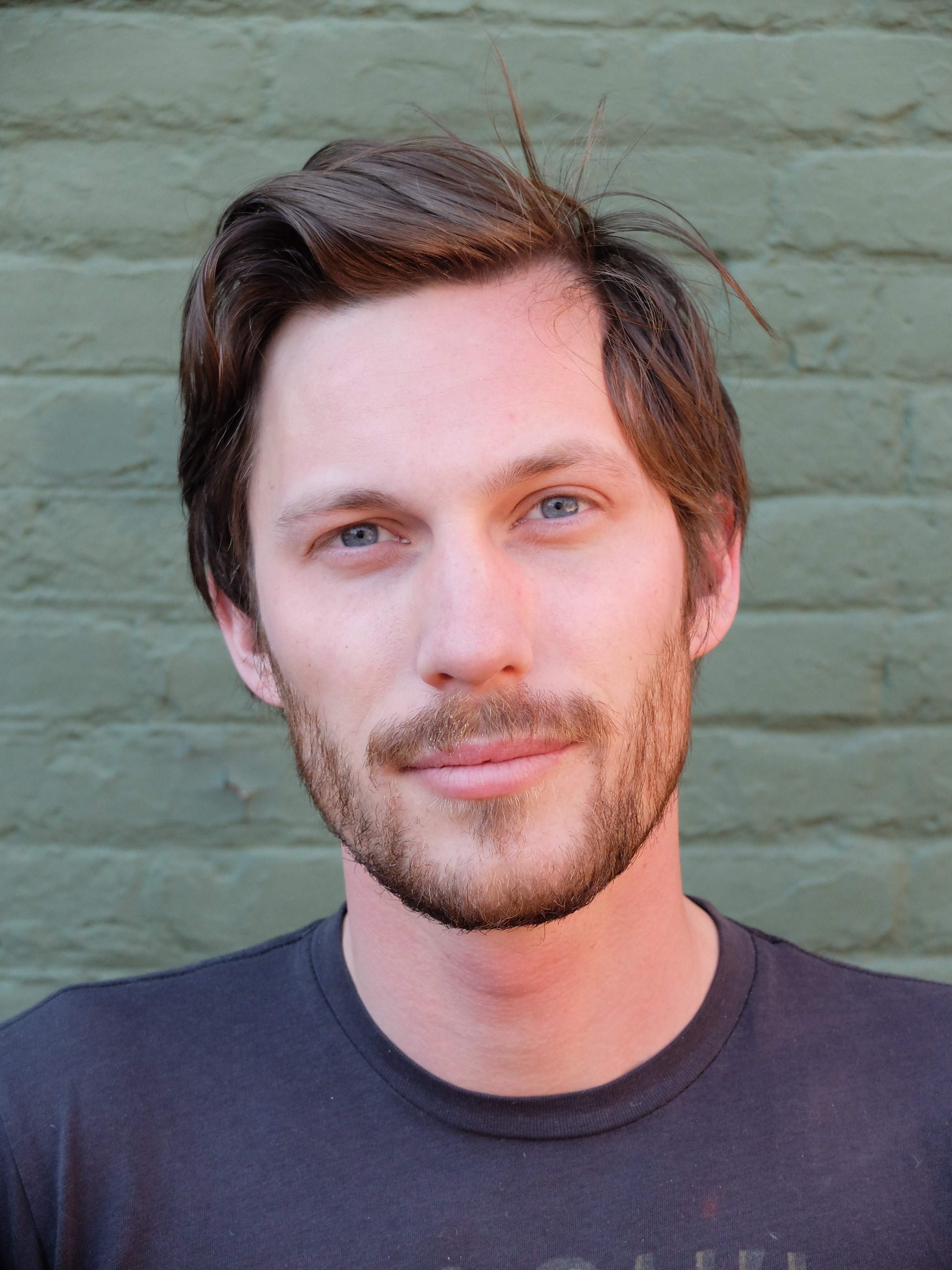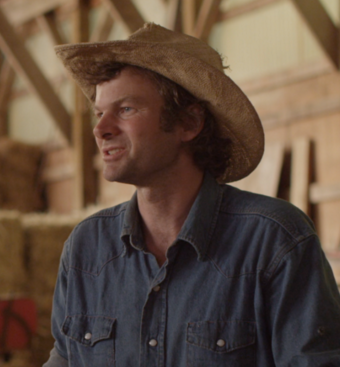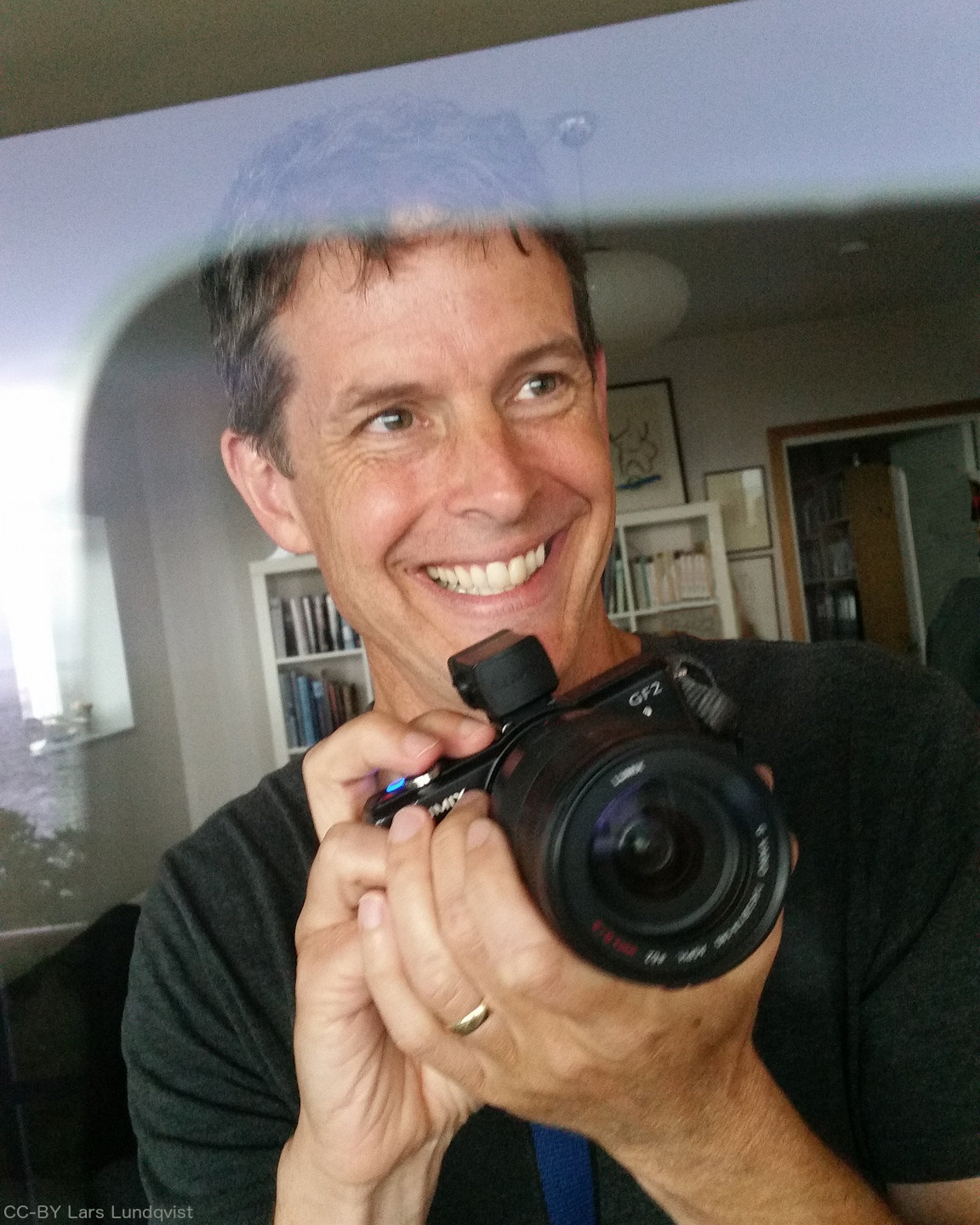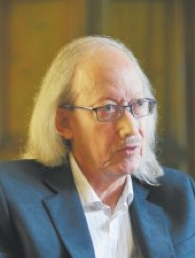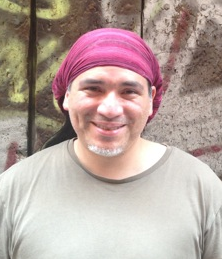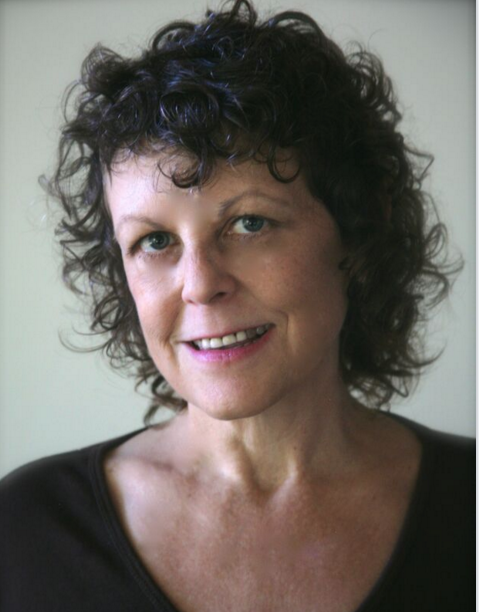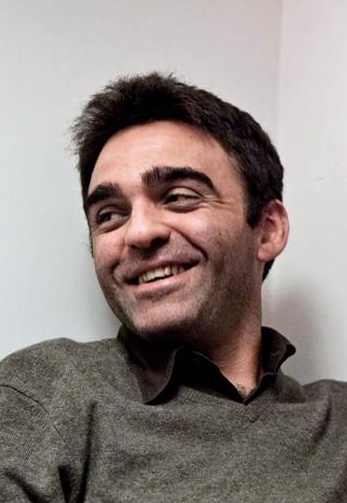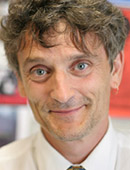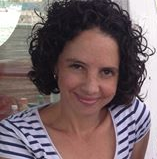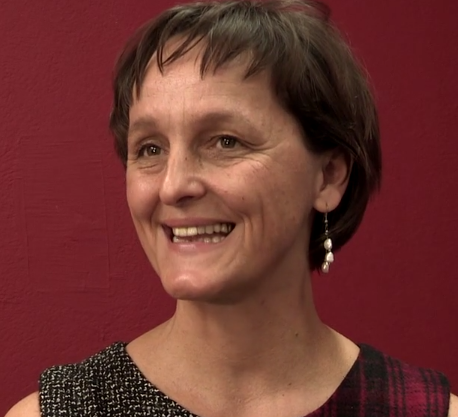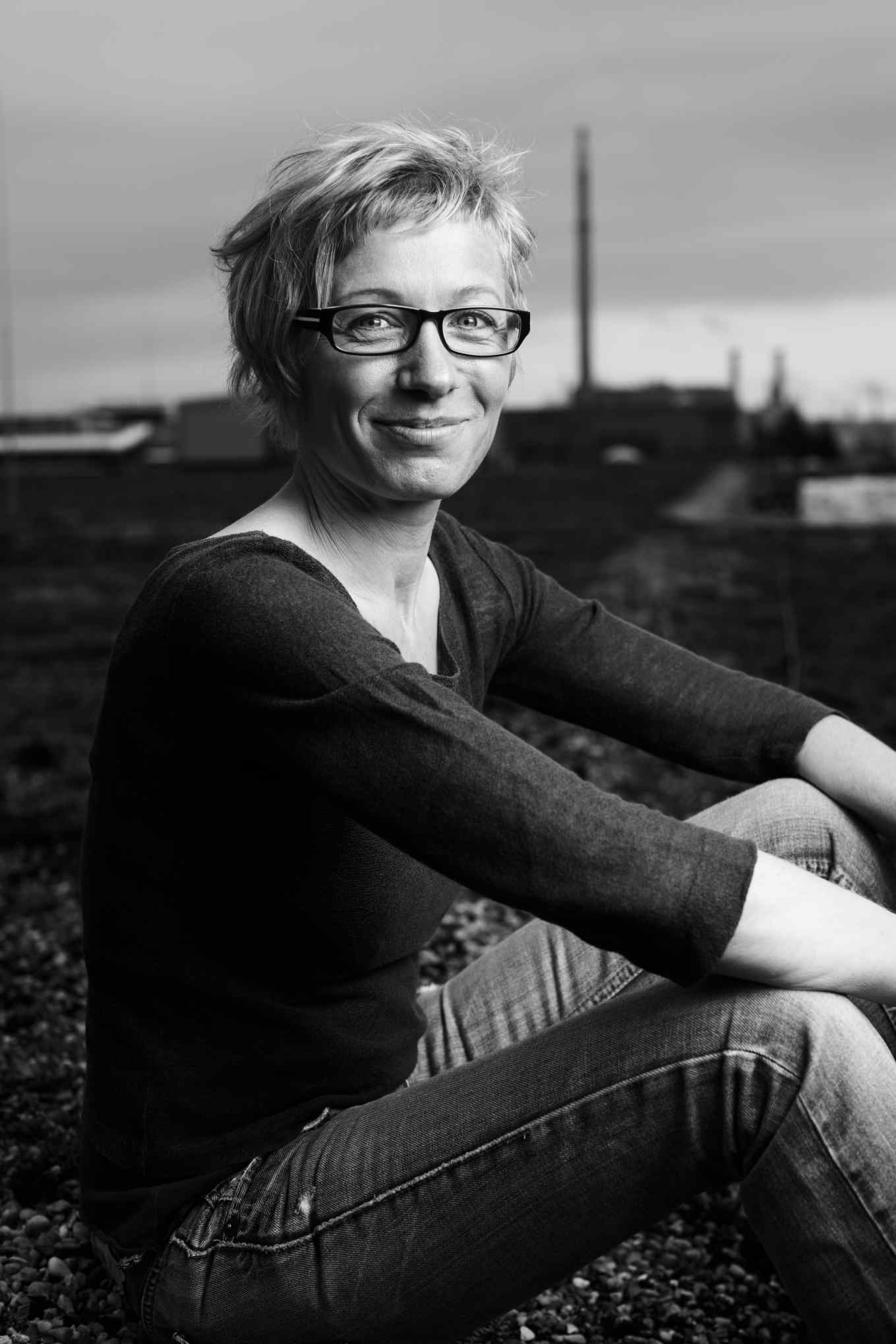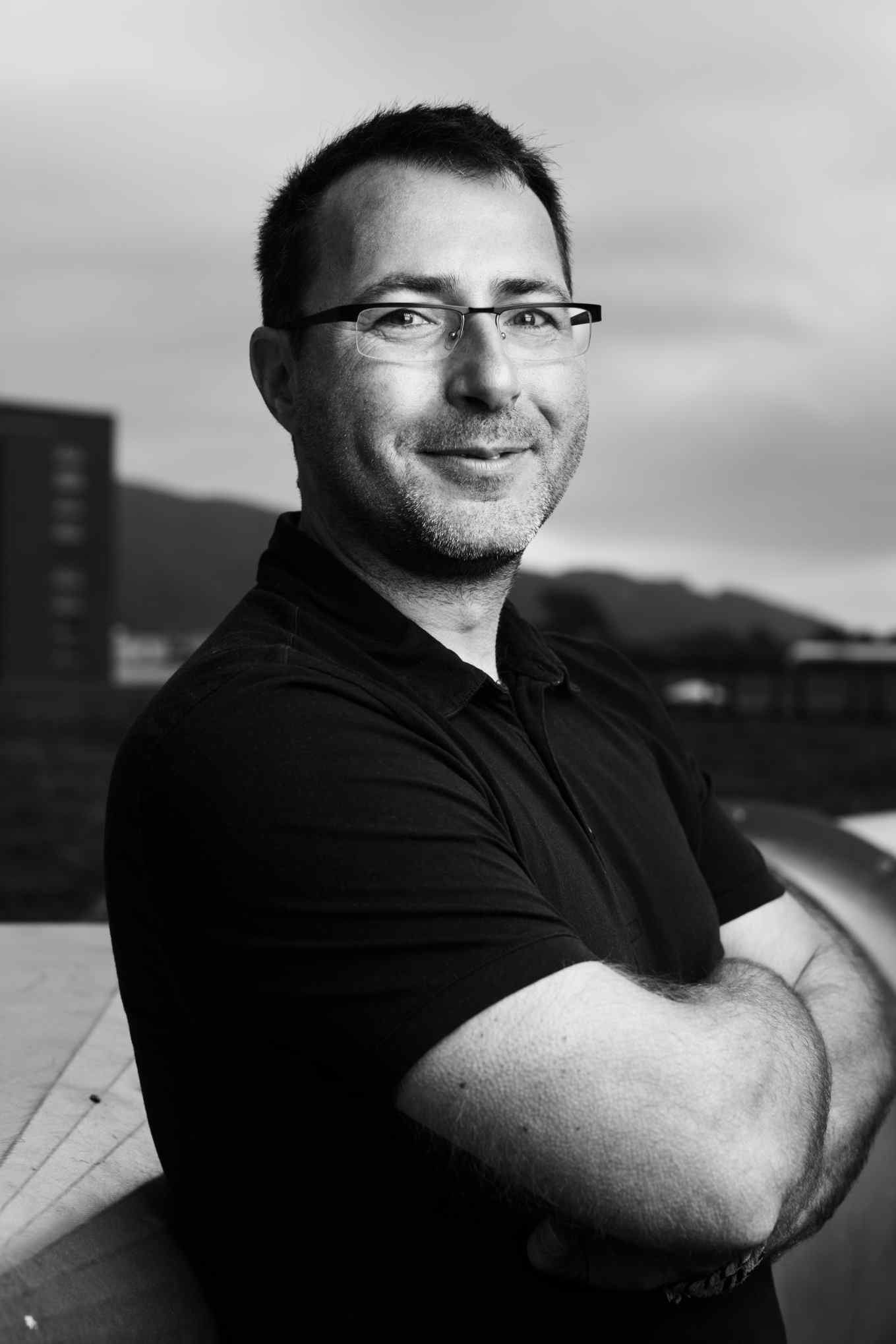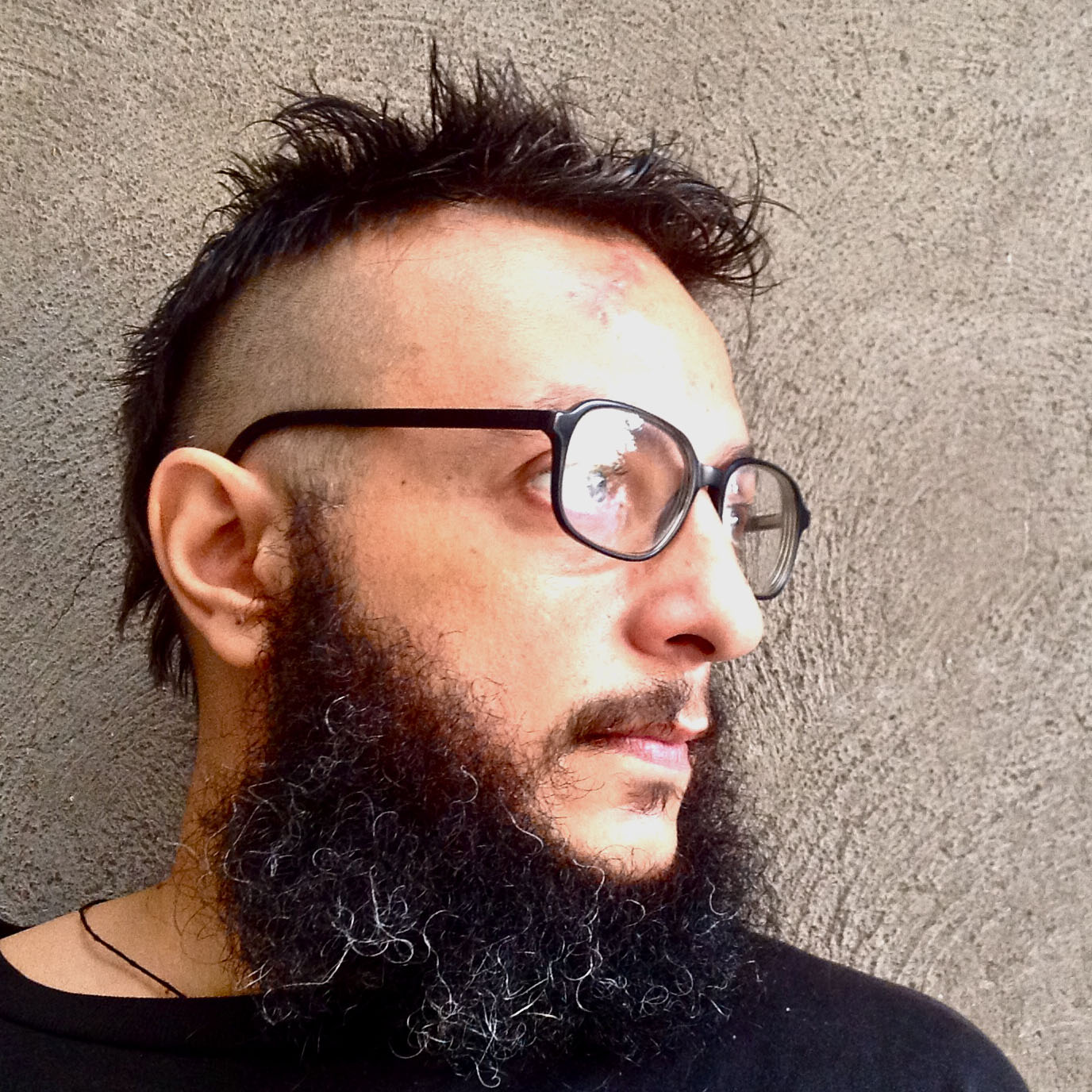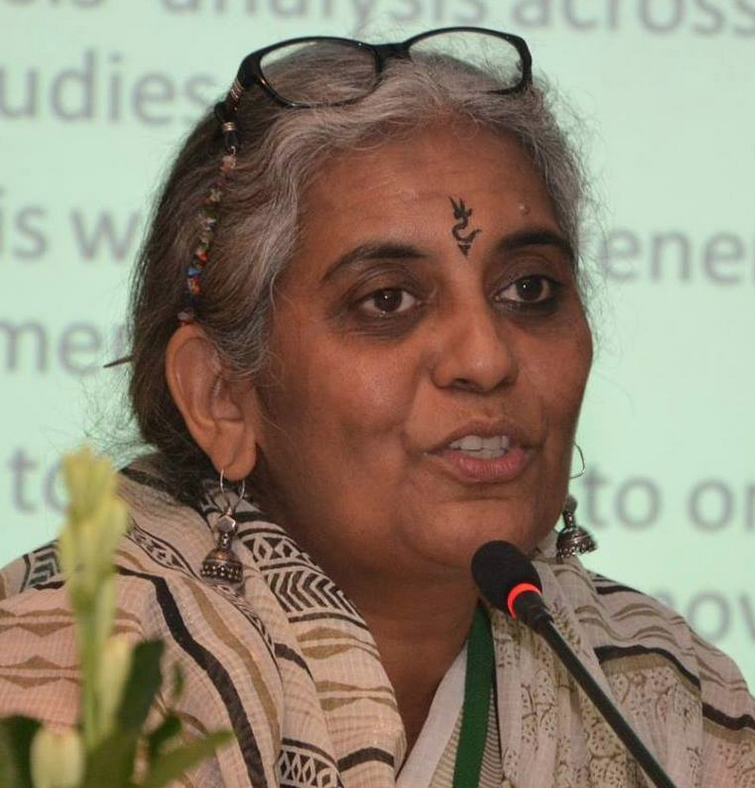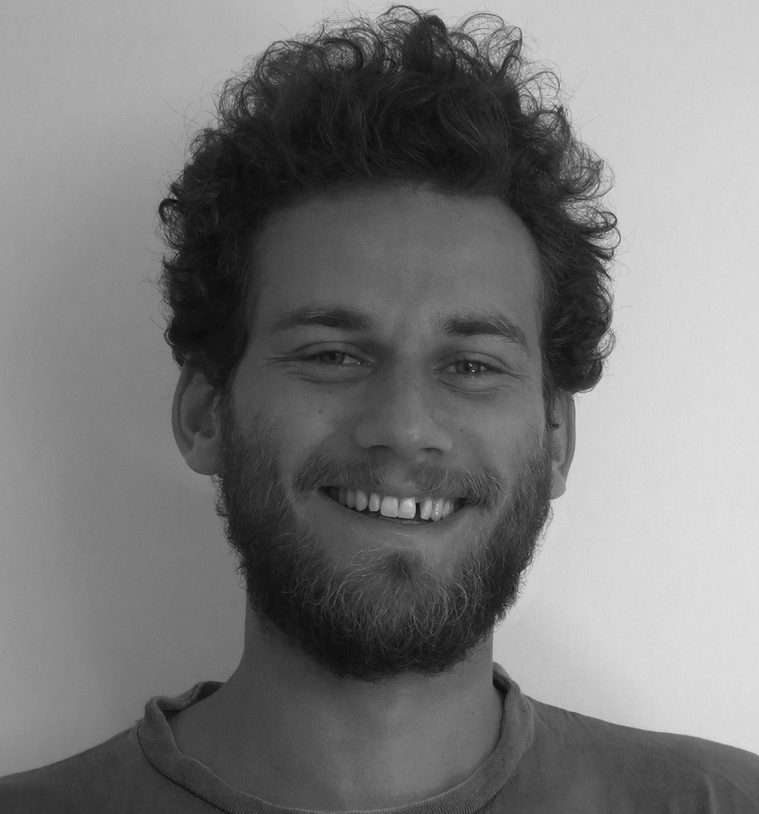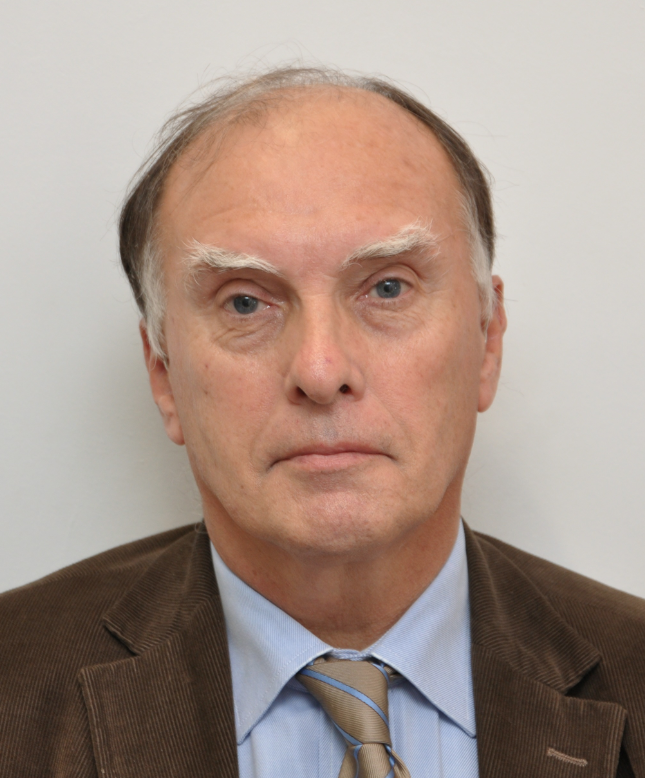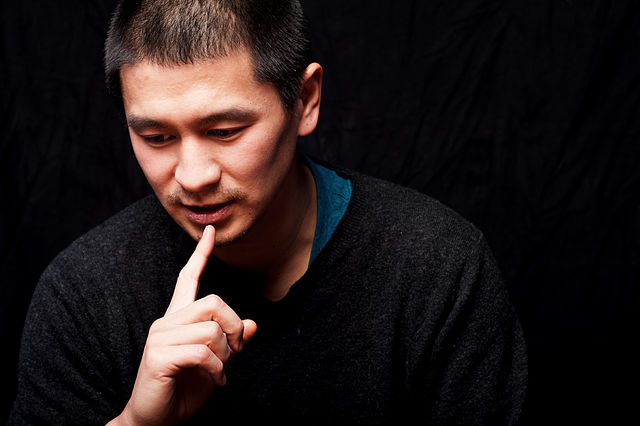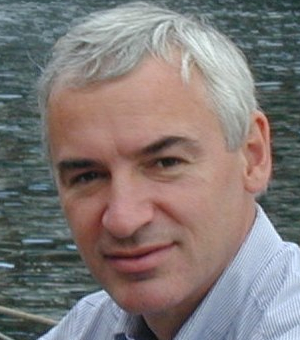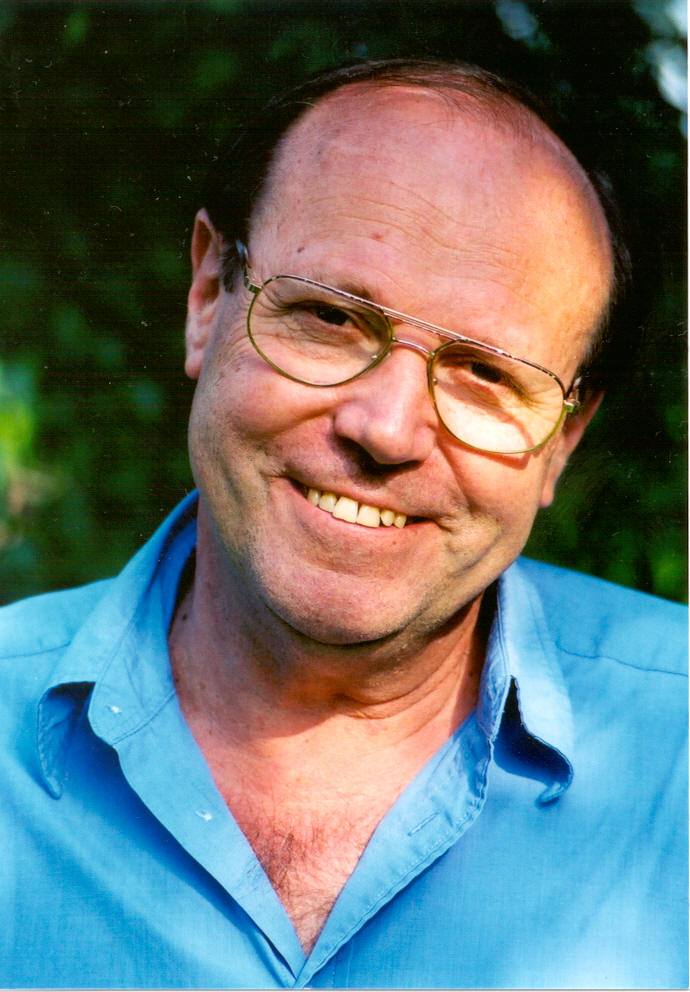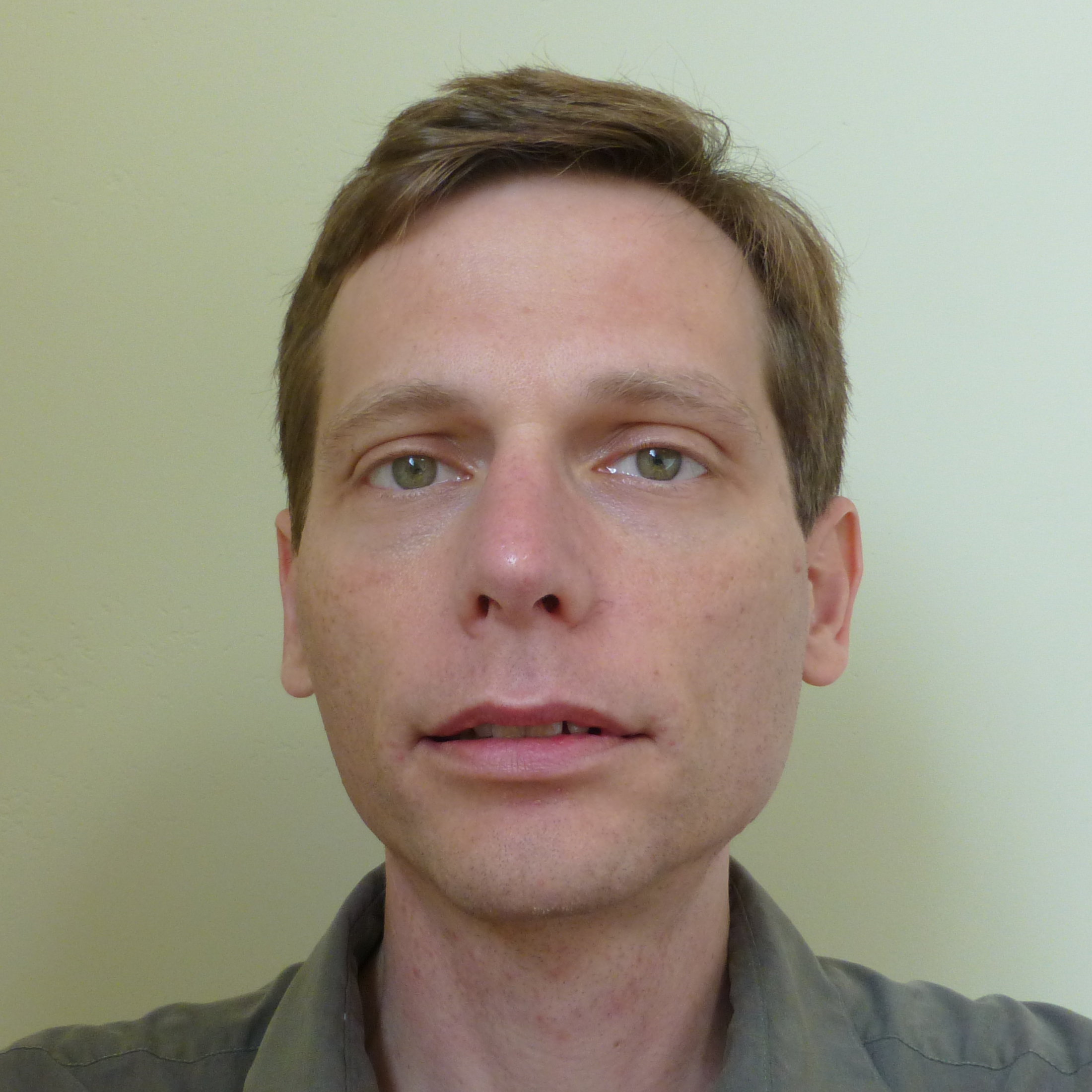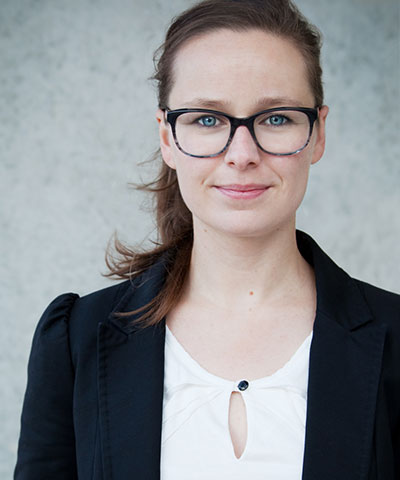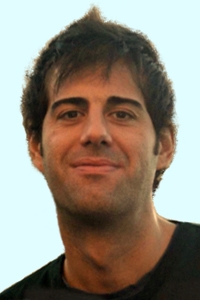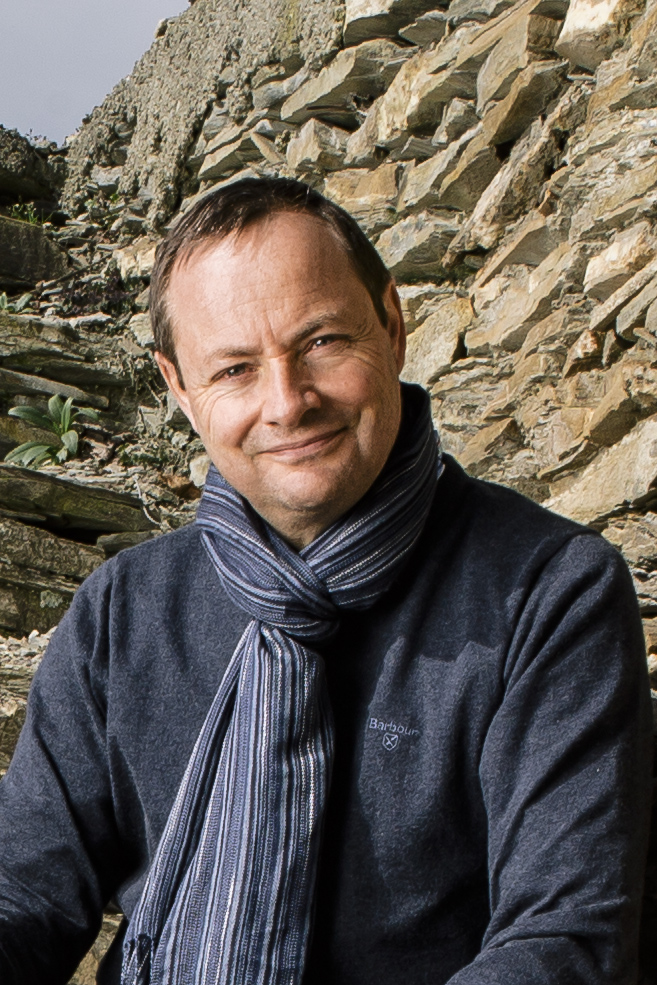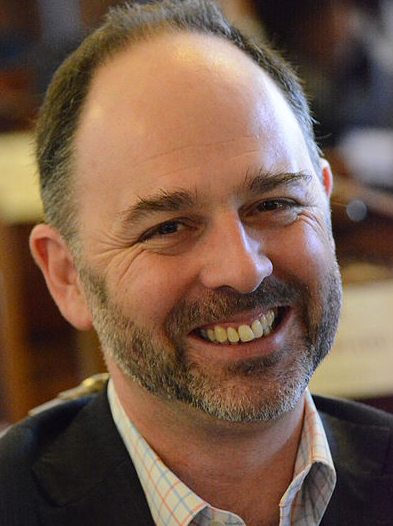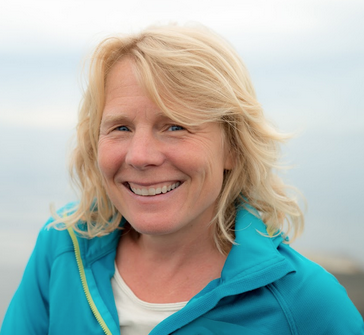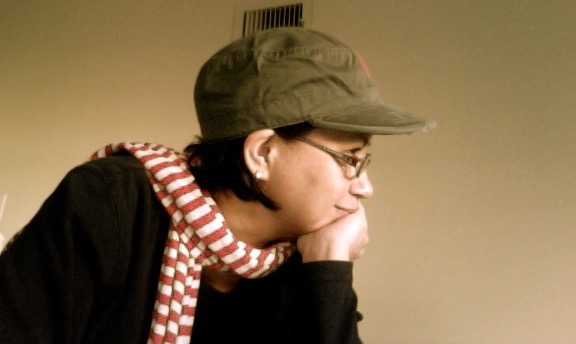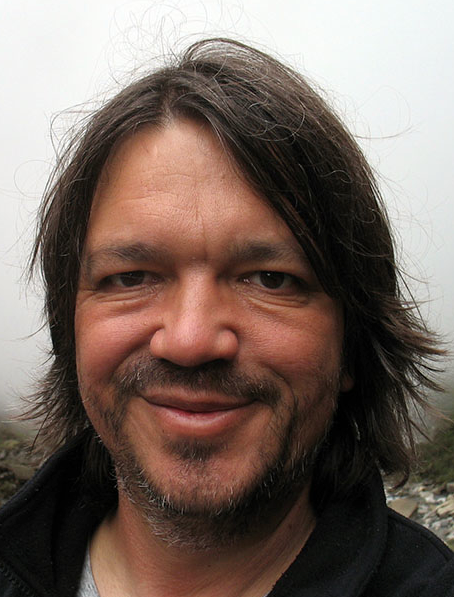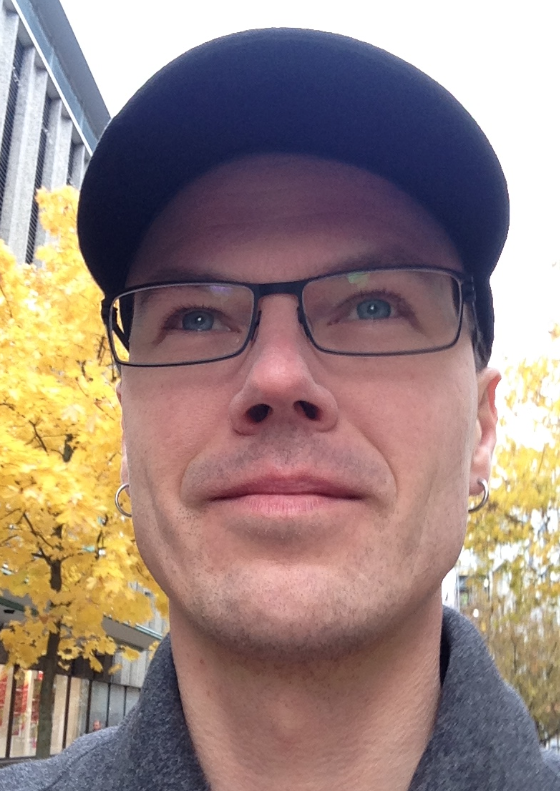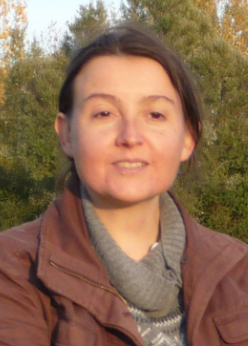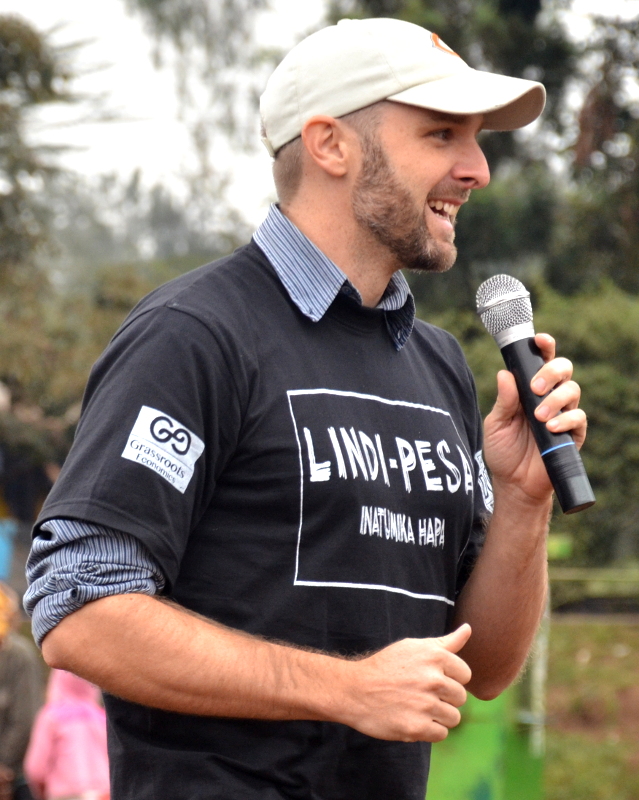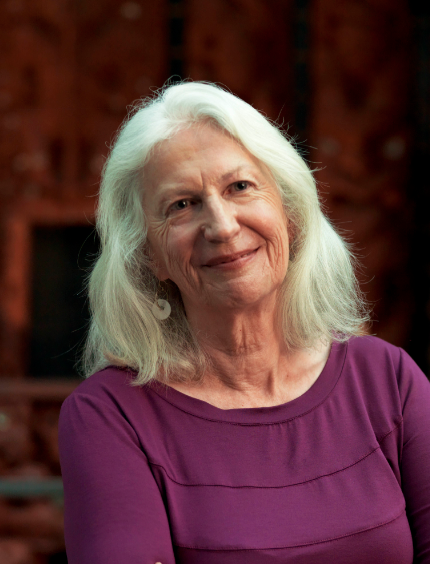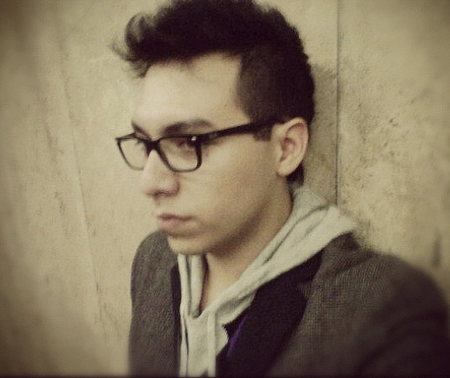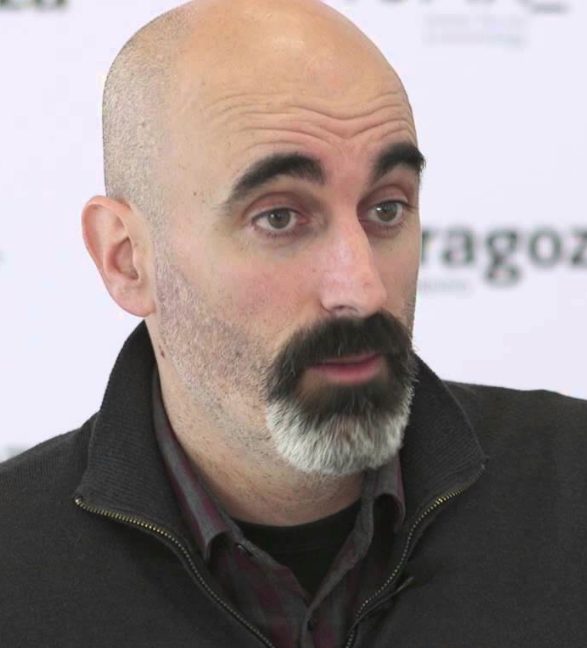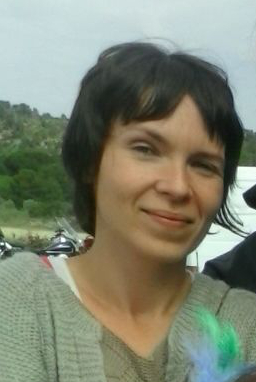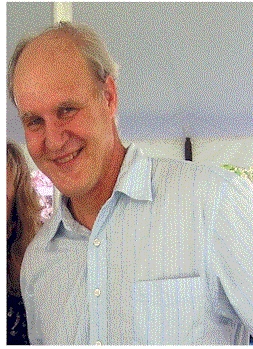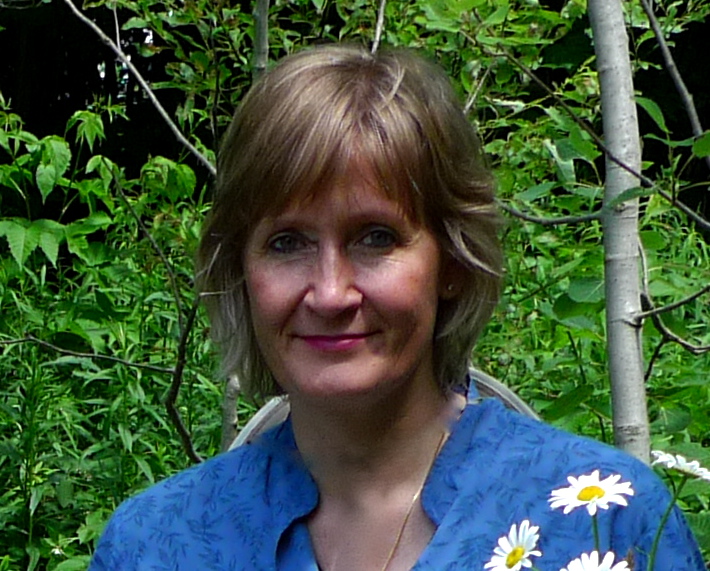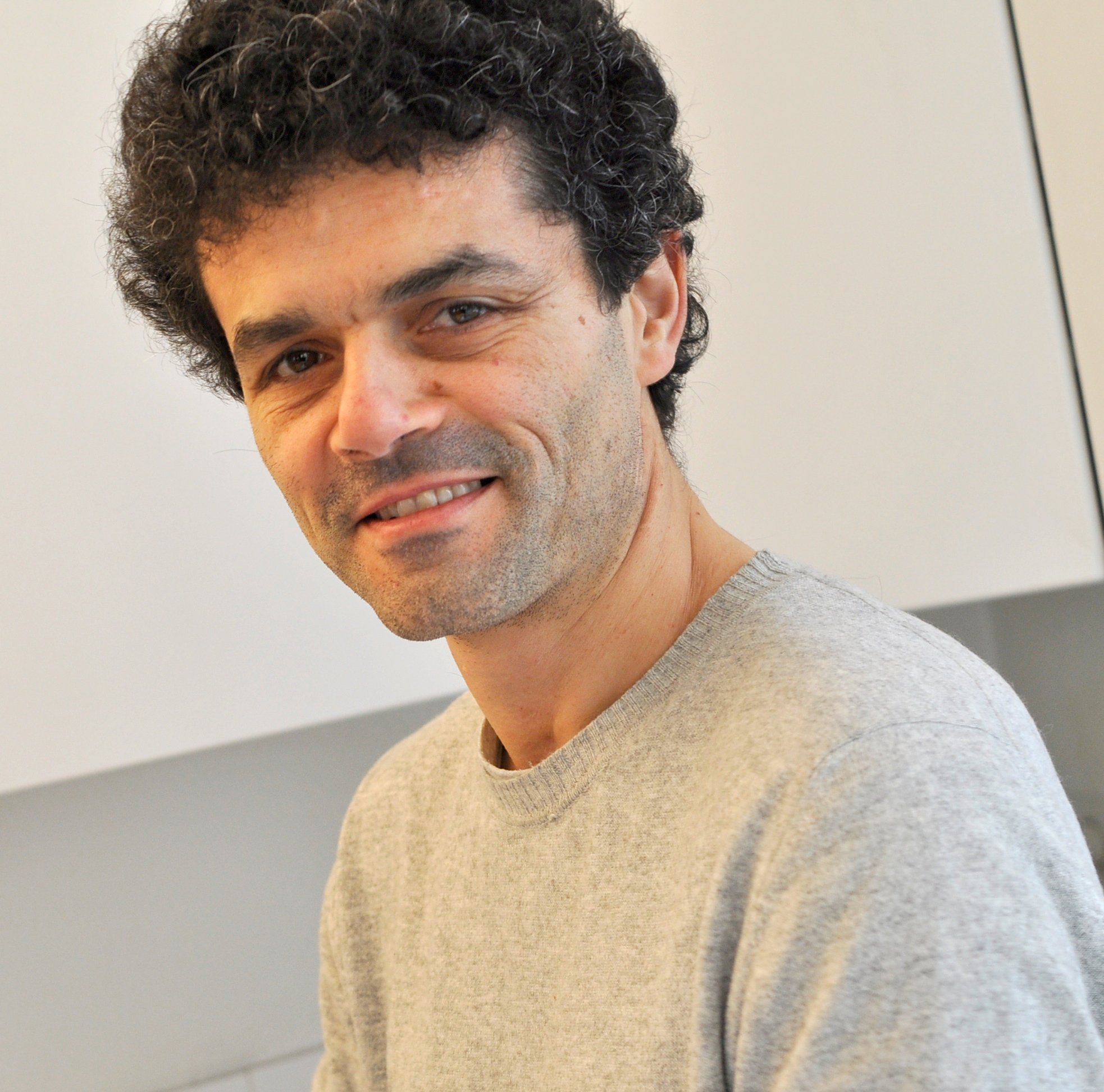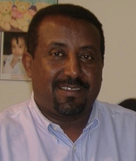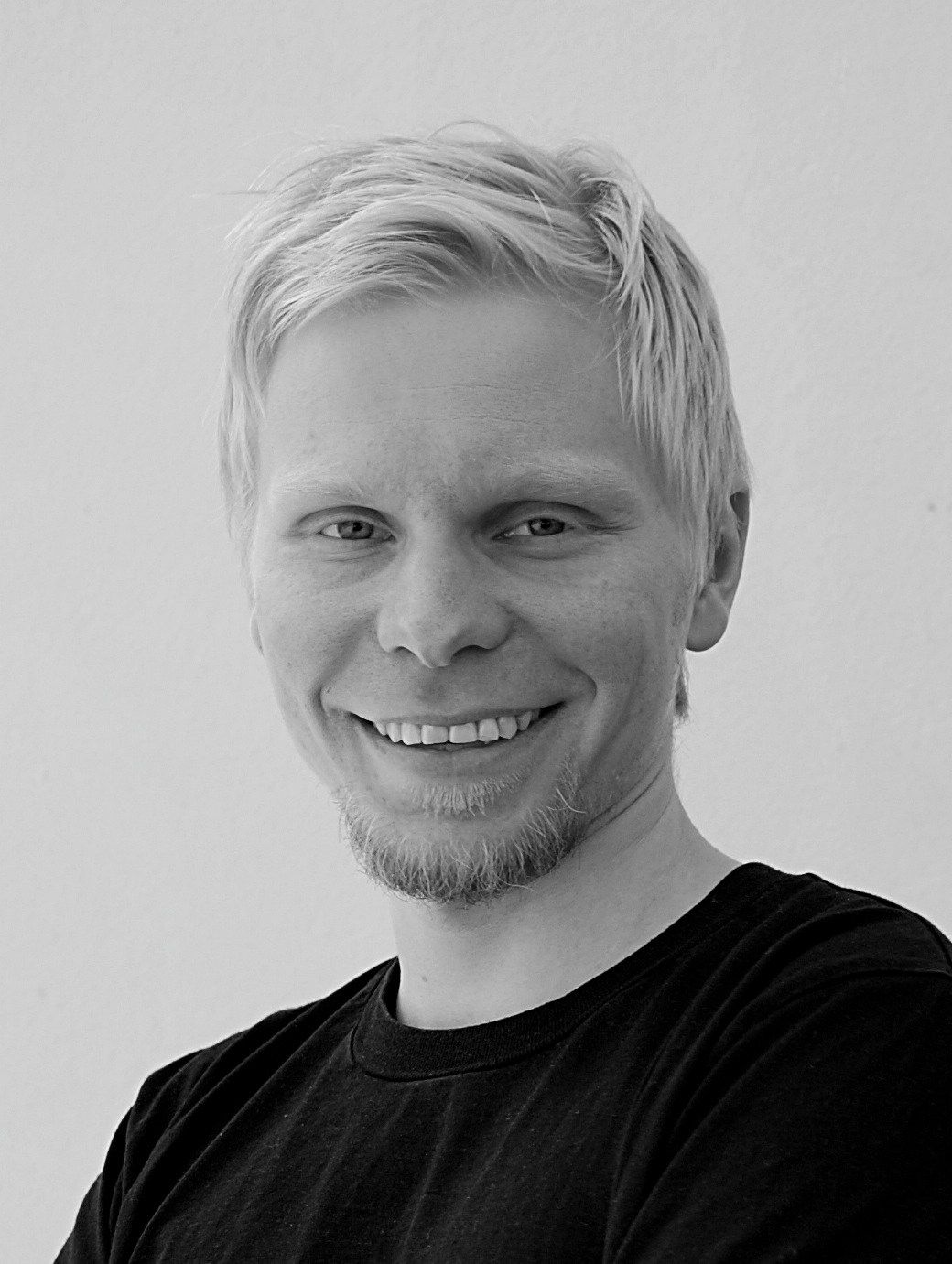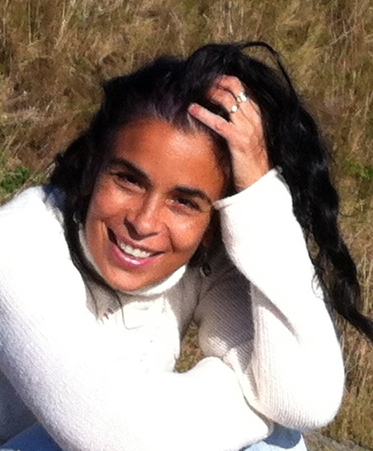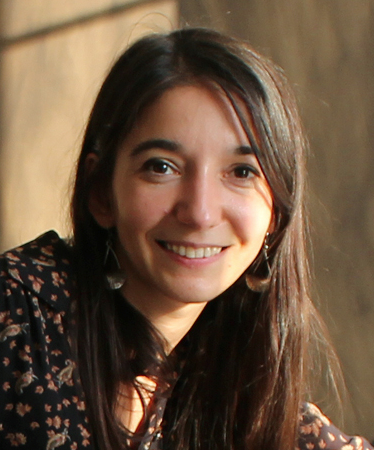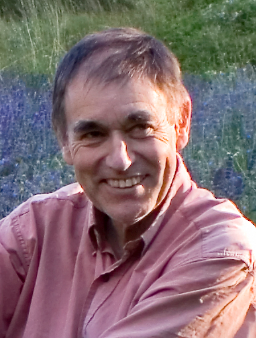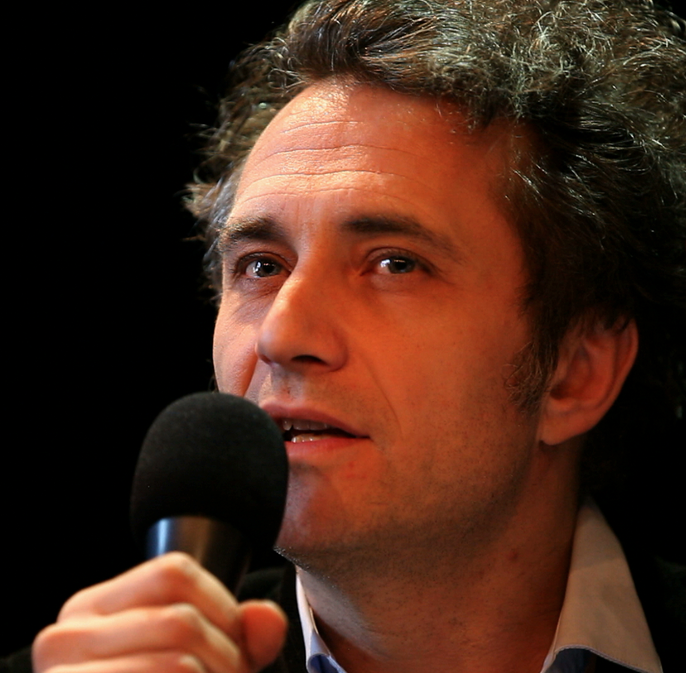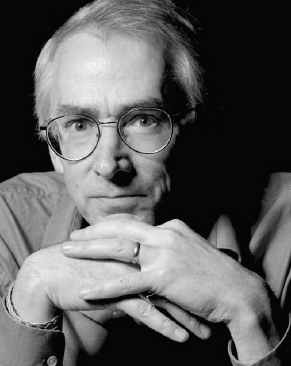Alain Ambrosi (Canada) is a designer and producer of intercultural projects, independent researcher, author, videographer and producer of the Remix The Commons Project.
Patterns of
COMMONING
The Birth of a Theater Commons in Rome: Fondazione Teatro Valle Bene Comune
By Dario Gentili and Andrea Mura
Founded in 1727, Teatro Valle in Rome has been a playhouse for illustrious artists like Mozart, Rossini and Pirandello. The oldest theater in the city, it has achieved international recognition in recent years as the symbol of a pioneering struggle over the idea of the commons (beni comuni). The origins of this battle can be traced to a 2011 voter referendum in Italy that proposed a sweeping privatization of public water supplies and their conversion into market commodities. Defeated by more than 90 percent of voters, the “water referendum” elevated the commons to the center of the national debate, problematizing the legal category of “public goods.”
A day after the referendum, a number of arts workers and ordinary citizens occupied the venerable building with the idea of protecting it from the risk of an impending privatization. The occupation immediately drew attention to the inadequate funding and mistreatment of the theater by the Italian Theatre Authority (ETI), a public administrative entity closed in 2010. Because the law regarded the theater as a “public good,” the city council was authorized to invite private investors to tender competitive bids in a regulated process to acquire the theater. Thus the privatization of Teatro Valle was not only lawful but, given the city’s budget woes, eminently attractive.
Given this legal logic, occupiers realized that the most effective remedy against this juridical thinking and further threats of privatization would be to treat Teatro Valle as a commons. The temporary occupation soon gave rise to the Teatro Valle Occupato, a protest that eventually lasted three years. Its long-term objective became not only the preservation of the theater, but also an affirmation of a new “right to the city” and to the commons. Artists, researchers, activists and ordinary citizens brought new energy to the ambitious political and cultural project of extending the idea of the commons to encompass immaterial goods.
The occupation also opposed neoliberal policies of commodification, and pioneered a new experimental approach to reconceptualizing law itself. By no longer fighting against the law, but through the law, the occupiers launched a battle for legal recognition of Teatro Valle as a commons, assisted by prominent legal theorists and by a working constituent assembly of the commons.1 Occupiers wished to distinguish their actions from traditional squatting; this would instead be a battle for the recognition of the commons through which existing legal tools would be emancipated from their familiar, more conservative uses.
The occupiers’ chief innovation was a formal institution of private law functioning as trust-like legal entity – the “Foundation,” or more formally, Fondazione Teatro Valle Bene Comune (Teatro Valle Common Good Foundation). Stretching the juridical definition of the theater exposed a crucial tension between legitimacy and legality in the management of the theater. The Foundation sought to ratify the occupiers’ possession, use and active production over and against the contrary formal claims of property ownership. This would open up a new legal approach to managing “public goods” while clearing the path for a law of the commons to emerge in the future and possibly be incorporated into the Constitution. The goal was to call attention to the deficiencies of the traditional divide between private and public goods and to offer an alternative to the naturalization of private property.
Teatro Valle Occupato conscientiously worked to comply with all requirements for the creation of its new legal entity, which, although not formally recognized yet, soon began to act as a de facto institution. This included the crafting of a legal Charter to set forth the scope of its authority, principles and structure.2
The “Commune” (la comune) or “Assembly of communards” – an assembly composed by the active participants of the theater (communards) – figures as the “sovereign political organ” of the Foundation (article 12). It gathers twice a month, and remains an open and ever-changing body, reflecting the actual presence of the communards at the meetings. The Commune is in charge of all crucial decisions about the theater, ranging from the preservation and development of the Foundation, amendments to the Charter, organization of specific groups, and, crucially, the programming of cultural and political activities. Decisions require unanimous agreement through an inclusive, nonauthoritarian, noncompetitive and shared decisionmaking method. Although it can take a lot of time before full agreement is reached, this deliberative procedure ensures that all minority positions find expression, encouraging collective engagement. All communards, whether originally expressing a majority or minority position, must favor the general implementation of final decisions. However, a principle of pragmatism allows a reversion to majority vote in cases where unanimous agreement cannot be reached after two consecutive meetings.
The communards and all those supporters who have paid an annual membership fee or have contributed with occasional work (soci fondatori) constitute a second main body, the General Assembly (Assemblea Generale). This Assembly gathers once every year and decides annual budgeting. Finally, a Directive Board (Consiglio) presides over the execution of the activities decided by the Commune, performing a coordinating function. A President of the Board is chosen among its members, becoming the temporary legal representative of the Foundation. The criteria for the composition of the Board and the selection of the President, with candidates nominated also among the non-communards in the General Assembly, evidences the inclusive character of the Foundation.
In its Charter, the Foundation is committed to the “full realization of culture as the common good” (article 5), seeking to link the widely cherished history of Teatro Valle with the fundamental principles of co-working, inclusivity, direct and participatory democracy, constituent and collective action, and common creation. As reconfigured with this new type of governance, Teatro Valle hosted a variety of outstanding events with international artists, activists and intellectuals between 2011 and 2014, prompting the European Cultural Foundation to confer on the Theater its esteemed Princess Margriet Award in 2014.
However, as is often the case in Italy, despite international support, domestic resistance to Teatro Valle Occupato was massive. News media and public figures campaigned for the eviction of occupiers and for repressive measures against them. They accused occupiers of “unfair competition” against other cultural institutions in the city and the “misappropriation” of a public good “taken from citizens” (read private investors).
The political climate shifted in February 2014 when the Prefect of Rome (the general representative of the State at the local level) rejected Teatro Valle’s claim to be recognized as a Foundation, arguing that it did not have legal “ownership” of the “place” (the material theater), which the law sees as a public good managed by the city council. In short, the Prefect saw possession as an insufficient title to the Valle premises – the very principle of use that the assembly of occupants meant to affirm.
In the face of an eviction ultimatum by the municipality in July 2014, a permanent general assembly open to all citizens began to gather in the theater with the aim of discussing present and future strategies of the Foundation. This effort succeeded in securing a public negotiation with the city council and the Teatro di Roma, an entity running public theaters in the capital, which would be entrusted by the Mayor with the management of the Valle at the end of the occupation.
After two weeks of open debate, the occupiers resolved to abandon the Valle voluntarily on August 10, 2014, accepting the Mayor’s formal claim that a project of refurbishment and structural improvements needed to begin immediately. This transition from occupation to renovation was accepted on condition that the theater would remain public for 100 years, and that the city council and the Foundation would jointly draft a “Convention” regulating the future of the theater.
Although a dramatic choice, the Foundation acknowledged that its initial objectives – stopping privatization of the theater and experimenting with a new form of democratic governance – had been accomplished. Moreover, the agreement entailed the beginning of a “new phase” that would now fully recognize the Foundation as a space (for commoning) rather than a place (for managing a public facility), allowing the experience of the occupation to continue and transcend the physical building of Teatro Valle. In the framework of the future Convention, this will likely lead to a formal recognition of the Foundation; to an official appraisal of its cultural and political achievements over the last three years; and to a formal commitment to valorize this experience with a comanagement between the Foundation and the Teatro di Roma. This outcome would preclude any future bids to privatize the Valle.
Going forward, public institutions will need to entertain new and diverse hybrid forms of governance, while the Foundation will have to prove that its governance is far more open, transparent and inclusive than the type of management traditionally associated with the public/private nexus. The challenge will be to show that a governance drawing on the commons will function not just as the simple rejection of private or public property, but as a real, experimental and socially robust alternative.
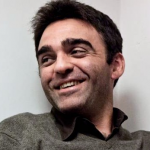
Dario Gentili (Italy), a philosopher, carries out his research at Italian and European universities and institutions. His publications include: Topografie politiche. Spazio urbano, cittadinanza, confini in Walter Benjamin e Jacques Derrida [Political Topographies. Urban Space, Citizenship, Borders in Walter Benjamin and Jacques Derrida], Quodlibet, Macerata 2009; Italian Theory. Dall’operaismo alla biopolitica [Italian Theory. From Operaism to Biopolitics], Il Mulino, Bologna 2012.

Andrea Mura (Italy) is Research Fellow in Political Philosophy at the Open University’s Faculty of Social Sciences. He has published widely in the fields of continental philosophy and psychoanalysis, and is the author of a major monograph in comparative political thought, The Symbolic Scenarios of Islamism (Ashgate 2015).
- https://www.opendemocracy.net/can-europe-make-it/maria-rosaria-marella/constituent-assembly-of-commons-cac
- www.teatrovalleoccupato.it/wp-content/uploads/2013/10/statuto-fondazione-teatro-valle-bene-comune.pdf
